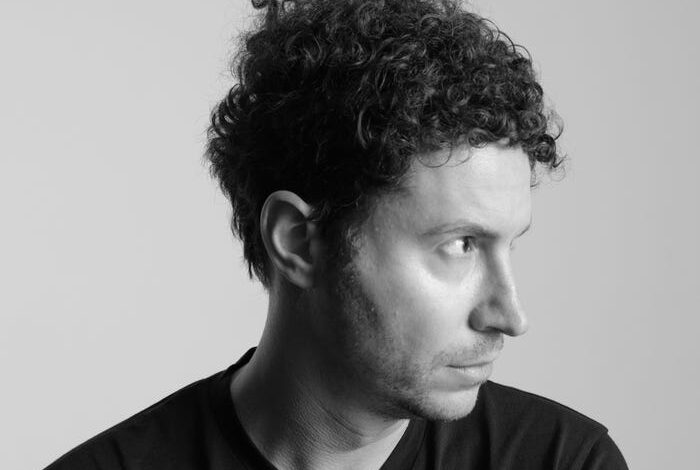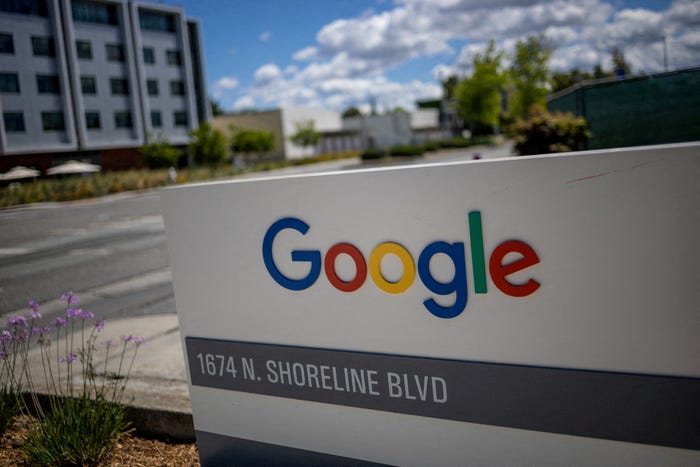Legal Battle Intensifies as Doximity and OpenEvidence Sue Each Other

The legal conflict between healthcare technology companies Doximity and OpenEvidence has escalated dramatically with both sides filing lawsuits against each other. The rivalry revolves around the development of AI tools designed to assist medical professionals, specifically a “ChatGPT for doctors.” OpenEvidence, valued at $3.5 billion, initially sued Doximity in June 2023, alleging that the company stole its trade secrets by impersonating doctors.
In a recent development, Doximity responded with its own lawsuit, filed on September 27, 2023, accusing OpenEvidence of spreading false information to damage Doximity’s reputation and poach its employees. This legal skirmish, taking place in the federal district court of Massachusetts, could set significant precedents regarding trade secret disputes in the rapidly evolving AI landscape.
OpenEvidence claims that Doximity, a publicly traded company valued at $13 billion, unlawfully accessed its proprietary code through deceptive practices. The original lawsuit alleges that Doximity’s head of AI impersonated a physician to gain access to OpenEvidence’s system, which included instructing the AI to disclose sensitive information.
Escalation of Legal Claims
The conflict dates back to early 2023, with OpenEvidence also filing similar claims against other competitors including Canadian startup Pathway Medical for alleged “prompt injection” attacks—tactics intended to manipulate AI systems to gain unauthorized access to proprietary information. In August 2023, Doximity acquired Pathway for $63 million, further intensifying the competition in the AI healthcare sector.
Doximity refutes OpenEvidence’s allegations, stating that the claims lack factual basis and are rather an attempt to undermine fair competition. In its motion to dismiss OpenEvidence’s initial lawsuit, Doximity characterized the accusations as speculative and lacking substance.
OpenEvidence’s lawsuit emphasizes ethical concerns as well, asserting that Doximity misused physician identifiers without consent to breach security protocols. Conversely, Doximity counters that OpenEvidence has failed to comply with privacy standards by allegedly leaving patient records visible to the public while claiming adherence to HIPAA regulations.
Financial Backing and Market Strategies
Both companies are heavily investing in AI technologies to secure their position in the market. OpenEvidence raised $210 million in Series B funding in July 2023 from prominent investors such as Google Ventures and Sequoia Capital. The startup promotes its AI as “the fastest-growing application for physicians in history,” recently enhancing its features for real-time clinical documentation.
Doximity, on the other hand, has been focusing on expanding its AI capabilities through acquisitions and product development. Its recent launch of a free AI scribe aims to streamline administrative tasks for healthcare professionals, positioning it as a competitor against established players like Microsoft and other emerging startups.
The legal disputes not only highlight the competitive tensions between these companies but also raise critical questions about the ethical use of AI in healthcare. As both sides prepare for a lengthy legal battle, industry observers are keenly watching how these cases will shape the future of trade secret protection in an era dominated by artificial intelligence.
Business Insider has reached out to both OpenEvidence and Doximity for comments regarding the ongoing litigation. As the situation unfolds, it remains a pivotal moment for the intersection of technology and healthcare.






